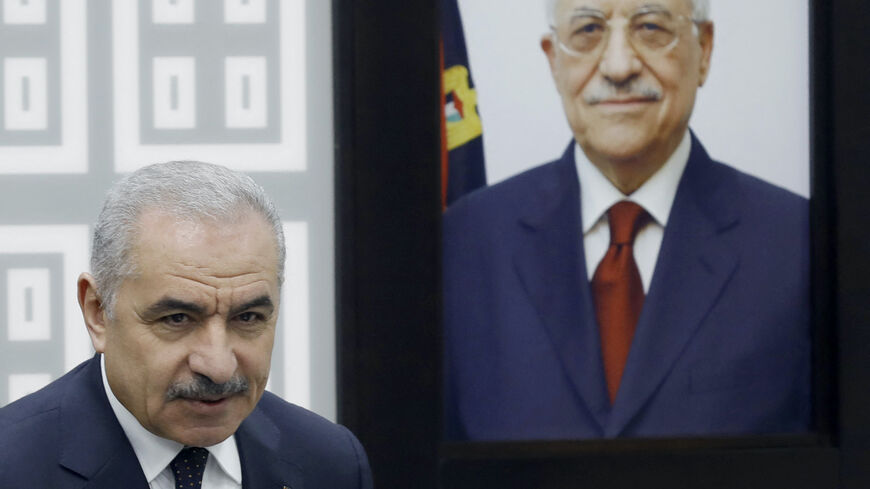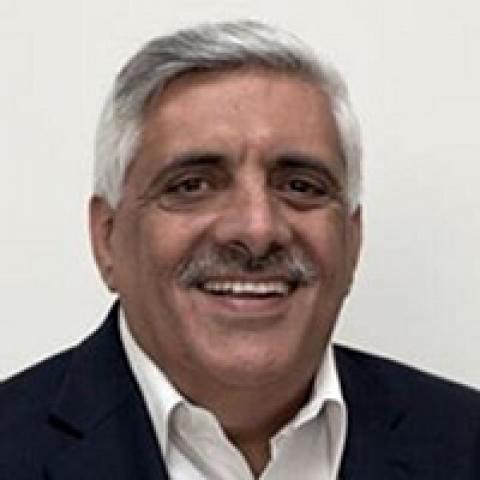You're reading analysis from the Palestine Briefing, where we break down Palestine's top political, security and business stories each week. To read the full newsletter, sign up here.
A meeting of 14 Palestinian faction leaders in Moscow last week failed to produce any public breakthrough, and it is unclear whether there was much progress on a unity agreement under the umbrella of the PLO — though some analysts believe the parties are inching closer to one.
According to the communique released after the meeting, the factions — which included representatives from the PLO, Hamas and Islamic Jihad — agreed to “reach a comprehensive national unity that includes all Palestinian forces and factions within the framework of the PLO, the sole legitimate representative of the Palestinian people.” The bloc further backed “supporting the heroic steadfastness of our struggling people and their resistance in Palestine" as well as the right to “resist efforts to harm Al-Aqsa," a flashpoint, particularly during the upcoming month of Ramadan.
Meanwhile, back in Ramallah, the rumors and leaks about the possibility of the appointment of President Mahmoud Abbas’ close confidant Mohammad Mustafa to the position of prime minister appear to have faded after Arab states failed to come out and support him. Mustafa is the chairman of the Palestinian Investment Fund and received training in the United States. Outgoing Prime Minister Mohammad Shtayyeh continues holding meetings even in his new role as the head of a caretaker government, signaling that little has changed beyond symbolism despite the resignation of the Ramallah-based government last week.



